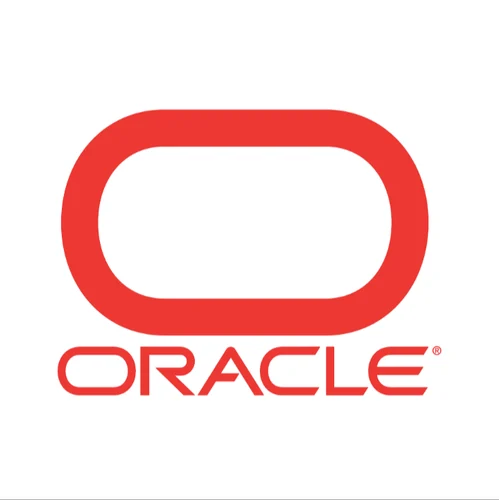AI Agents in Fusion Applications: Revolutionizing Business Operations

Artificial Intelligence (AI) continues to redefine how businesses operate, and the emergence of AI agents represents a significant milestone in this transformation. But what are AI agents, and why do they matter? In this article, we’ll delve into the capabilities of AI agents, explore their integration into Oracle Fusion Applications, and highlight real-world applications that demonstrate their potential to reshape your organization.
AI agents are advanced systems powered by large language models (LLMs) and other state-of-the-art technologies. Unlike traditional, rules-based automation, AI agents bring reasoning capabilities, allowing them to interact dynamically with their environments, automate intricate tasks, and collaborate seamlessly with humans. Key characteristics include:
Judgment and Reasoning: AI agents can make informed decisions, generate action plans, and manage workflows autonomously or with human guidance.
Learning and Adaptation: These agents leverage past interactions and real-time data from internal systems, continuously evolving to meet complex business demands.
Collaboration: They work alongside human employees and other agents, facilitating scalable and flexible operations across diverse business scenarios.
This adaptability and intelligence position AI agents as transformative tools for modern organizations.
Oracle Fusion AI Agents are designed as autonomous assistants embedded within the Oracle Fusion Applications Suite. These agents enhance operational efficiency, support decision-making, and alleviate manual workloads across departments.
Types of AI Agents in Fusion Applications
Functional Agents:
Specialized for specific roles or tasks.
Act as digital assistants, aiding employees with domain-specific activities like financial reporting, hiring, or customer support.
Supervisory Agents:
Oversee workflows involving multiple agents.
Decide when human intervention is required, ensuring the accuracy and appropriateness of automated processes.
Utility Agents:
Handle routine, repetitive tasks.
Examples include data retrieval, sending notifications, and running reports.
These agents integrate seamlessly with enterprise systems, adapting their functionalities to suit specific organizational needs.
Oracle Fusion AI Agents are rolling out across the Fusion Applications Suite, offering practical solutions for everyday challenges. Here’s how they are transforming various domains:
Human Resources:
Employee Assistance: AI agents handle benefit inquiries, policy clarifications, and other HR-related tasks.
Recruitment: Automate candidate screening, interview scheduling, and offer generation, improving efficiency and reducing time-to-hire.
Finance:
Invoice Automation: Agents streamline invoice approval workflows, flagging discrepancies and ensuring compliance.
Financial Optimization: Assist in forecasting, budgeting, and optimizing cash flows with real-time data analysis.
Supply Chain Management:
Field Service Support: Provide technicians with real-time diagnostic insights, troubleshooting guidance, and automated parts ordering.
Inventory Management: Predict stock shortages, manage reorders, and reduce excess inventory through intelligent tracking.
These applications highlight how AI agents not only automate but also collaborate, offering a strategic edge in addressing business complexities.
1. Enhanced Productivity
By automating repetitive and complex tasks, AI agents free employees to focus on strategic, high-value activities.
2. Improved Decision-Making
Real-time data processing and predictive analytics enable better-informed decisions across departments.
3. Scalability and Flexibility
AI agents adapt to evolving business needs, ensuring scalability and efficiency in operations.
4. Seamless Collaboration
Through intelligent interactions with human workers and other systems, AI agents foster seamless workflow integration and teamwork.
Oracle Fusion AI Agents represent the next evolution in enterprise technology. They go beyond mere automation, collaborating with employees and transforming workflows into dynamic, intelligent processes. As AI continues to advance, these agents will become even more capable, managing end-to-end business processes autonomously and driving unparalleled operational efficiency.
By integrating AI agents into your systems today, you’re not just adopting a tool—you’re embracing a partner in innovation, ready to empower your workforce and revolutionize your business.
Transform your operations with Oracle Fusion AI Agents. Learn more about how they can elevate your business at Oracle Fusion Applications.

For modern telecom enterprises, delivering exceptional QoS is no longer optional—it’s a brand differentiator and a strategic lever for growth. Static provisioning models won’t cut it in a world of hyper-dynamic data usage.